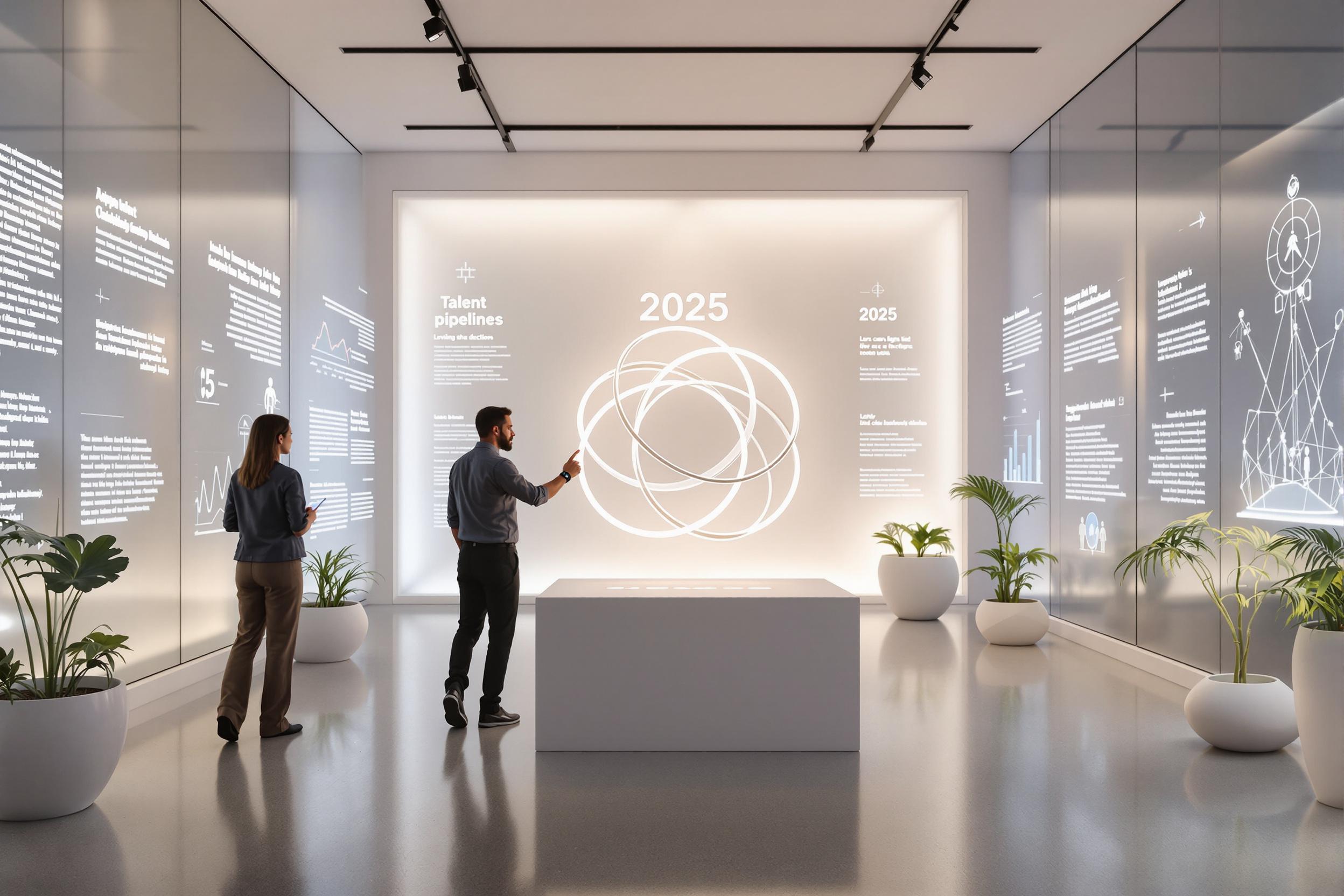
Change Readiness
Change Readiness is a measure of how prepared and willing an organization and its employees are to handle changes in their work environment. It's like taking the temperature of a company to see if it's ready for new ways of doing things, whether that's adopting new software, restructuring teams, or changing business processes. Think of it as evaluating whether a company has the right mindset, resources, and support systems in place before making big changes. Change Management professionals use this concept to help reduce resistance to change and increase the chances of successful organizational transformations.
Examples in Resumes
Conducted Change Readiness assessments for 5 departments before implementing new ERP system
Developed Change Readiness surveys and analyzed results to guide transformation strategy
Led Change Readiness workshops preparing 200+ employees for organizational restructuring
Typical job title: "Change Management Specialists"
Also try searching for:
Where to Find Change Management Specialists
Professional Associations
Online Communities
Job Resources
Example Interview Questions
Senior Level Questions
Q: How would you handle resistance from senior executives during a major organizational change?
Expected Answer: A senior professional should discuss building relationships with executives, using data to demonstrate benefits, addressing concerns proactively, and creating targeted communication strategies for leadership buy-in.
Q: Describe a failed change initiative you've witnessed and how you would have done it differently.
Expected Answer: Should demonstrate ability to analyze past experiences, identify critical failure points in change programs, and explain concrete strategies for better outcomes based on change management best practices.
Mid Level Questions
Q: How do you measure change readiness in an organization?
Expected Answer: Should explain various assessment methods like surveys, interviews, focus groups, and data analysis, plus how to interpret results to guide change strategy.
Q: What strategies would you use to maintain momentum during a long-term change project?
Expected Answer: Should discuss communication plans, quick wins, celebration of milestones, maintaining stakeholder engagement, and ongoing feedback collection.
Junior Level Questions
Q: What are the key components of a change readiness assessment?
Expected Answer: Should mention basic elements like leadership support, employee awareness, current skills assessment, and communication channels.
Q: How would you create a simple change readiness survey?
Expected Answer: Should be able to describe basic survey design, key questions to include, and how to gather meaningful feedback about willingness to change.
Experience Level Indicators
Junior (0-2 years)
- Basic change management concepts
- Stakeholder mapping
- Simple survey creation and analysis
- Change communication support
Mid (2-5 years)
- Change readiness assessments
- Resistance management
- Training program development
- Stakeholder engagement
Senior (5+ years)
- Complex change strategy development
- Executive stakeholder management
- Large-scale transformation planning
- Change portfolio management
Red Flags to Watch For
- No experience with stakeholder engagement or communication
- Lack of understanding of basic change management methodologies
- Unable to demonstrate experience with resistance management
- No knowledge of change readiness assessment tools or techniques
Need more hiring wisdom? Check these out...

Culture Add vs Culture Fit in Hiring: Why It May Be Time to Rethink Your Approach

Succession Planning: Your Company's Future-Proof Strategy

Recruitment in the Fast Lane: How to Adapt Hiring Practices in the Blink of an Eye

